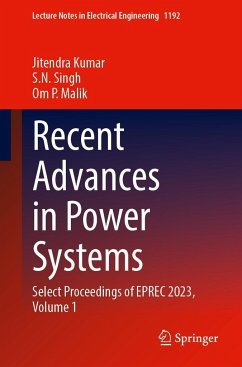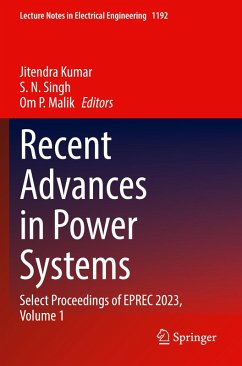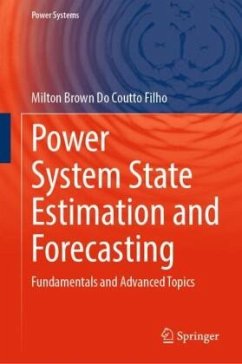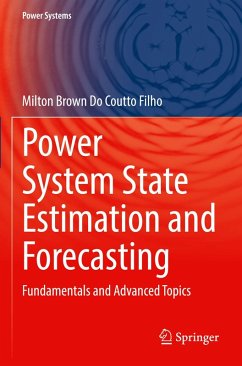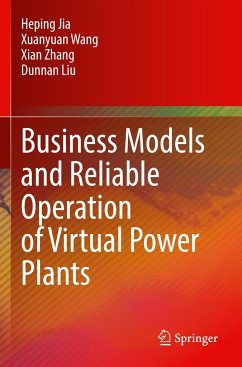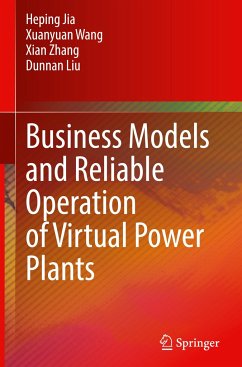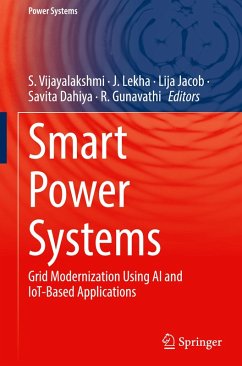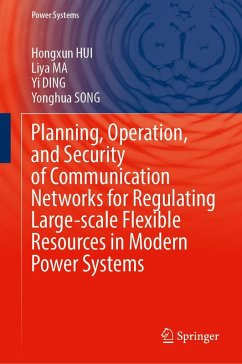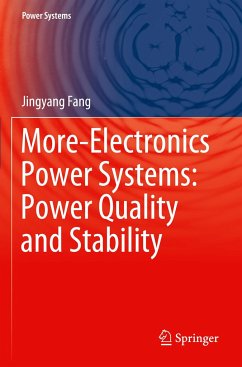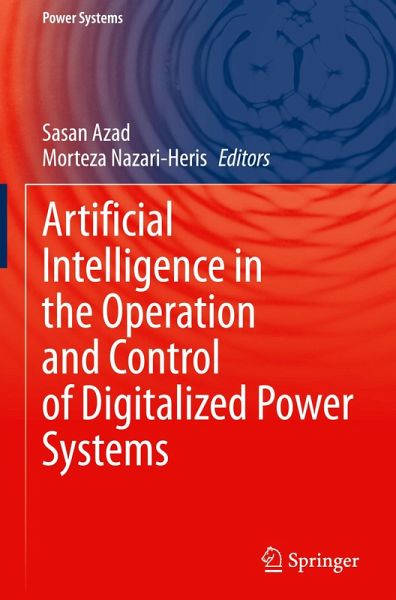
Artificial Intelligence in the Operation and Control of Digitalized Power Systems

PAYBACK Punkte
58 °P sammeln!
This book covers the practical application of AI-based methods in modern power systems. The complexity of current power system operations has dramatically increased due to the higher penetration of renewable energy sources and power electronic components. Therefore, providing efficient techniques is essential for secure and clean power system operation. This book focuses on the data-driven operation of the digitalized power system using machine language (ML). First, the basics of power system operation and control are presented, covering various areas of system control and operation. Next, sig...
This book covers the practical application of AI-based methods in modern power systems. The complexity of current power system operations has dramatically increased due to the higher penetration of renewable energy sources and power electronic components. Therefore, providing efficient techniques is essential for secure and clean power system operation. This book focuses on the data-driven operation of the digitalized power system using machine language (ML). First, the basics of power system operation and control are presented, covering various areas of system control and operation. Next, significant advances in modern power systems and their corresponding challenges are discussed, and artificial intelligence (AI)-powered techniques, specifically machine learning, are introduced to address these issues. The book also explores AI-powered applications in the operation of power systems. These applications include various aspects of the data-driven process in both situational awareness and control areas. They are presented as practical examples indicating the implementation of an ML-based method to solve operational problems.
Artificial Intelligence in the Operation and Control of Digitalized Power Systems is a valuable guide for students, researchers, and practicing engineers to AI-based techniques and real-world applications in power systems.
Artificial Intelligence in the Operation and Control of Digitalized Power Systems is a valuable guide for students, researchers, and practicing engineers to AI-based techniques and real-world applications in power systems.





